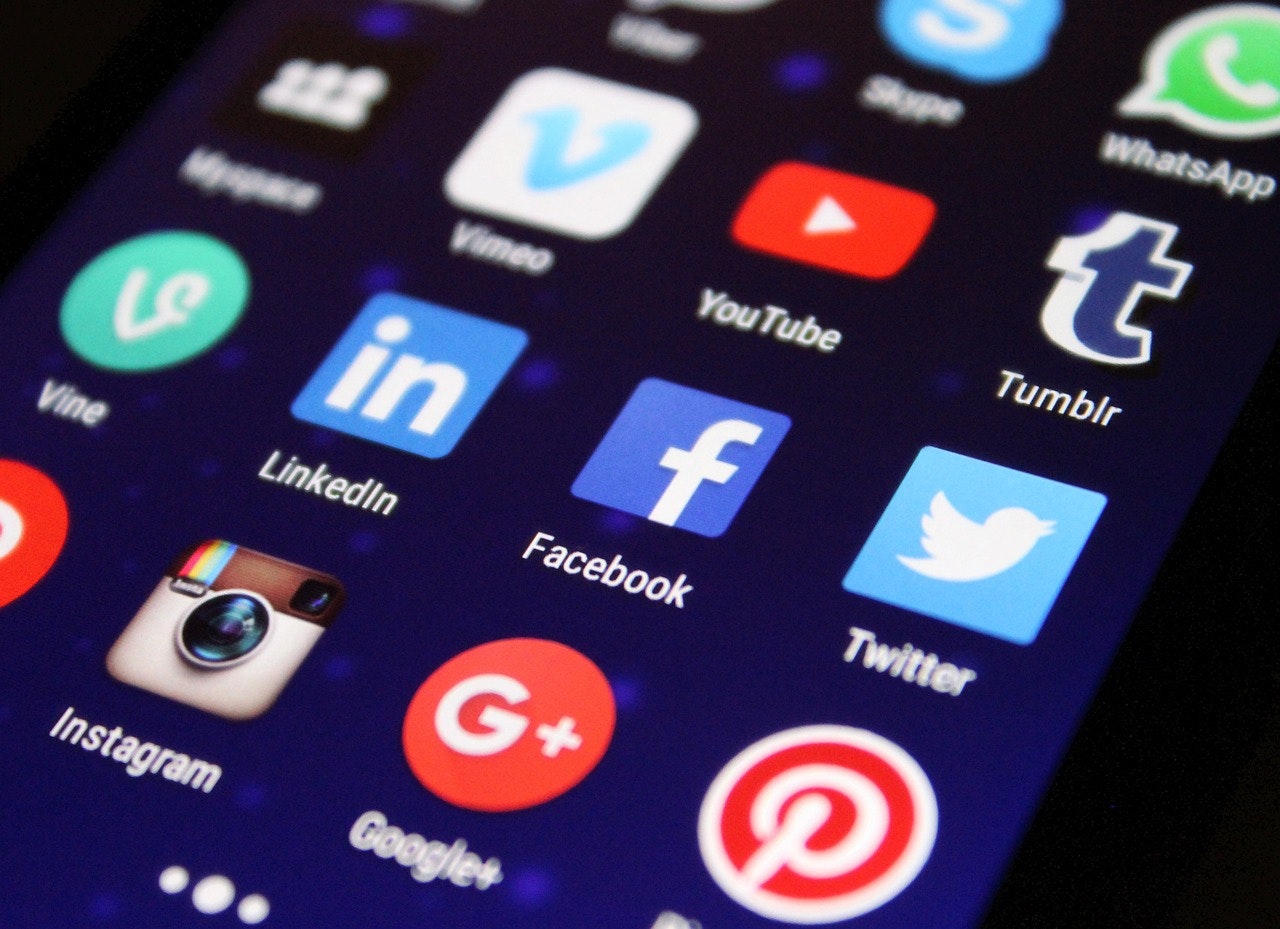
How Social Media Can Impact Your Injury Claim
Today, sharing life's moments on social media is second nature. But if you're involved in a personal injury case, it's crucial to pause before posting. We recommend making any publicly accessible social media pages you own private. We will explain in more detail how your online activities can significantly affect your claim.
Privacy Settings and Profiles
While setting your social media profiles to private is wise, remember it doesn't guarantee complete protection. Defendants can still access your posts through the Courts, and deleting accounts or posts during a lawsuit might be frowned upon as illegal destruction of evidence (spoliation of evidence). Instead, maintain privacy but be mindful of ongoing activity.
Choose Your Connections Wisely
In the realm of legal proceedings, new social media connections may not always have good intentions. Be cautious about accepting friend requests or followers from those you don't know well. This helps prevent potential adversary monitoring.
Legal Discovery Can Extend to Social Media
Even private or deactivated accounts can be subjected to legal discovery from subpoenas. Courts may issue orders to explore your activity if relevant to the case. So, consider the risks before sharing information that pertains to your activities or injuries.
The Story Your Posts Tell
A simple post about a vacation, home improvements, family activities, or new purchases can be used to argue against your injury claims. Opposing parties might use this as evidence that you're not as injured as claimed, affecting the outcome of your case. God forbid you smile in a photo at a family dinner, it WILL be used against you.
Advisory on Social Media Usage
Limiting social media usage is a safe route during legal battles. Consider consulting your lawyer before posting anything that might relate to injuries or legal discussions. This helps prevent unintentional harm to your case.
Insurance companies love the fact that social media is not real life. You portray an idealized version of your life on social media, it's the nature of these modern platforms. In your personal injury claim, any photo will be used by defense to make it seem like you're lying about your injury or exaggerating symptoms. Insurance companies make billions of dollars each quarter. The amount of profit they get to keep does not just depend on good underwriting. Every valid or legitimate claim they can devalue or destroy increases their profit margin. They are very good at increasing their profits by making you seem like a liar when you are not. Protect yourself! If you're involved in a personal injury case, don’t leave anything to chance. Consult with an attorney before making decisions related to your social media activities. Navigating these processes with professional guidance ensures that your online presence doesn’t jeopardize your claim.
